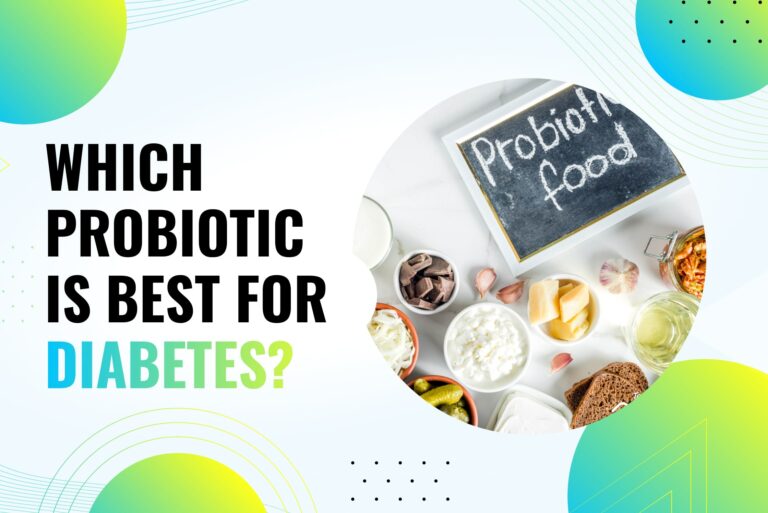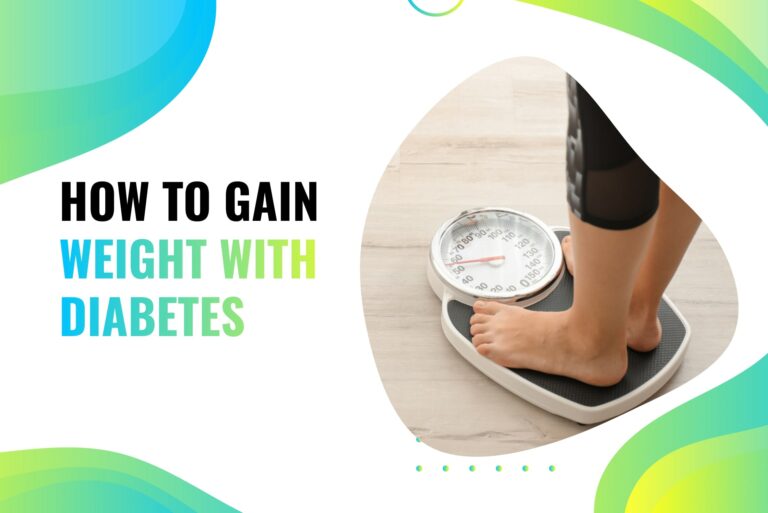What To Eat Before Your Pregnancy Glucose Test?
Expectant mothers must be extra mindful of their blood sugar levels, as the body’s hormonal fluctuations can make it harder for insulin to work its magic.
But don’t worry – you’ll get through your pregnancy glucose test with no problem when you know what foods are best.
Before you test for Oral Glucose Tolerance Test, you should eat whole-grain foods such as bread, pasta, and rice. Other foods, such as lean proteins, dairy products, and fiber-rich foods, should be consumed.
Now that you know what to eat, what food should you avoid before this test? Check out our guide below.
What is the Pregnancy Glucose Test?
Pregnancy is an extraordinary and exciting journey for most women, but it comes with many challenges.
To help ensure both mother and baby remain healthy throughout the pregnancy, a glucose test may be administered at around 24 weeks to measure sugar levels in the blood.
If elevated readings are found, gestational diabetes may be present – affecting 2-10% of all pregnant mothers worldwide.
Although this exam isn’t considered fun or pleasant, its purpose is vital for providing valuable insights about prenatal care.
What to Eat Before Your Pregnancy Glucose Test
We’ve listed the best food types here if you’re wondering what to eat before your big glucose test.
1. Whole Grain Foods
Unlock the power of whole-grain foods and their complex carbohydrates to give your body long-lasting energy.
These remarkable ingredients digest slowly, helping you avoid an unwelcome spike in blood sugar levels.
Examples include:
- whole-grain bread
- pasta
- rice
- and cereals
2. Fiber-Rich Foods
Fiber is a unique carbohydrate that your body can’t digest, yet it serves an essential purpose.
It’s essentially nature’s time-release mechanism, helping slow down glucose absorption into your bloodstream and energize you throughout the day.
High-fiber foods include:
- fruits
- vegetables
- nuts
- and legumes
3. Lean Proteins
Enjoy lean proteins like chicken, turkey, fish, and tofu to help balance your blood sugar levels. They’re low in fat while helping regulate glucose absorption.
4. Dairy Products
Dairy products packed with protein, like cheese, yogurt, and milk, make for a smart snack.
They are digested more slowly than other carbs, so they help keep blood sugar levels nice and steady.
5. Hydrating Beverages
To ensure accurate results on a glucose test, be sure to stay hydrated.
Before the exam, reach for some water, herbal tea, or unsweetened drinks – these fluids can help flush out any extra sugar in your system.
What to Avoid Before Pregnancy Glucose Test
If there are recommended food to eat before your glucose test, there are also food you must avoid!
These are generally what you shouldn’t consume before the big test:
1. Foods High in Sugar
To guarantee an accurate glucose test result, it’s best to keep your pre-test meal low on sugary snacks.
Overeating sugar can cause a spike in blood sugar levels and skew the test results.
2. Processed Foods
Refined carbs such as white bread, rice, and snacks can cause a dramatic jump in your blood sugar levels that could impact any tests you may be taking.
Opt for more natural food sources to maintain healthy control over the accuracy of test results!
3. Fatty and Fried Foods
Indulging in fatty, fried foods may seem like a quick culinary fix, but it could be doing your health a disservice.
Eating this type of food can lead to high-calorie intake and an unexpected spike in blood sugar levels – throwing off results from glucose tests.
Tips to Pass Your Pregnancy Glucose Test
Aside from following a healthy eating plan, there are several other things that you can do to help pass your pregnancy glucose test.
Here are some tips that you may find helpful:
1. Stay Active
Staying physically active during pregnancy is essential for managing blood sugar levels and improving overall well-being.
According to the American College of Obstetricians and Gynecologists (ACOG), pregnant women should try to get at least 150 minutes of moderate-intensity aerobic activity each week, such as swimming, cycling, or brisk walking.
However, you must check with your healthcare provider before starting any exercise program – especially if you have gestational diabetes or other medical conditions.
2. Get Enough Sleep
With adequate sleep being one of the key elements to a healthy lifestyle, it has been found that failing to get enough shut-eye could result in an imbalance of hormones and changes in blood sugar levels.
Pregnant women who consistently clocked less than six hours per night were more prone to developing gestational diabetes than those who got seven or eight hours each night.
To ensure you get proper rest every day, create a regular sleeping schedule and avoid stimulants like caffeine before bedtime!
3. Manage Stress
We all know that stress can take a significant toll on our well-being.
But did you also know it affects blood sugar levels, increasing the production of hormones like cortisol?
Don’t worry; if this sounds daunting, the National Institute of Diabetes and Digestive and Kidney Diseases (NIDDK) suggests breathing exercises and yoga as alternative tools for reducing tension while helping maintain healthy glucose control.
4. Don’t Skip Meals
Eating regularly throughout the day is essential for stabilizing your blood sugar levels.
Don’t go too long between meals, or you risk endangering yourself and your baby!
Make sure to include a healthy source of carbs in each meal, like whole-grain bread, fruits, and other nutrient-dense snacks.
Keeping this up will help keep both of you safe during pregnancy.
Conclusion
Eating the right foods is essential for a healthy and safe pregnancy.
Whole grains, lean proteins, fiber-rich fruits, veggies, and low-fat dairy can help ensure accurate test results during glucose testing – so fuel up on these nutritious options before your appointment!





